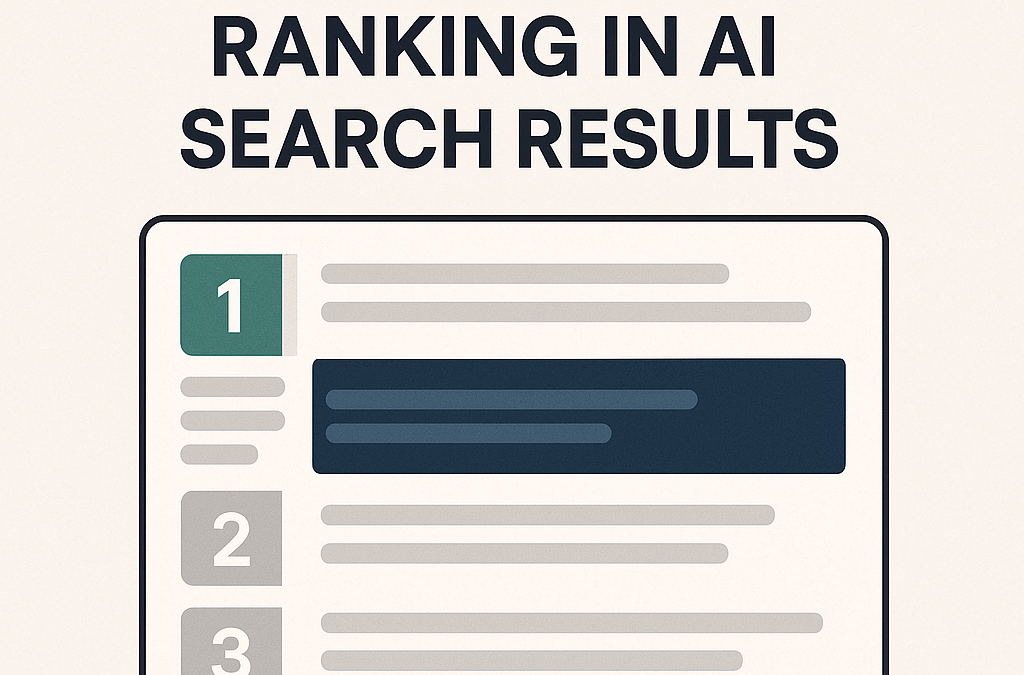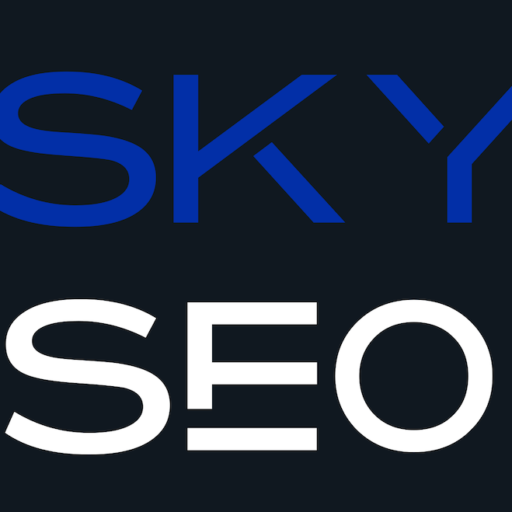Artificial intelligence (AI) has become increasingly popular in recent years and is transforming various industries, including marketing. AI technology can be used by businesses to streamline marketing operations, automate tedious tasks, and improve customer experiences. In this post, we will discuss how AI can help a business’ marketing efforts.
Personalization
One of the biggest benefits of AI in marketing is its ability to personalize content for each customer. AI algorithms can analyze customer data, such as purchase history, browsing behavior, and demographics, to provide personalized product recommendations, messaging, and offers. This level of personalization can enhance customer engagement and loyalty, as customers feel understood and valued by the brand.
Predictive Analytics
Another way AI can help businesses with marketing is by using predictive analytics. Predictive analytics uses AI algorithms to analyze customer data and predict future behavior, such as the likelihood of a customer making a purchase or engaging with a particular marketing campaign. This allows businesses to make data-driven decisions, optimize their marketing efforts, and improve their overall ROI.
Chatbots
Chatbots are another popular AI application in marketing. Chatbots can be used to provide 24/7 customer support, answer frequently asked questions, and provide personalized recommendations. This can improve customer satisfaction, reduce response times, and free up customer service representatives to focus on more complex issues.
Content Creation
AI technology can also be used to create content for marketing campaigns. AI-powered tools can generate product descriptions, blog posts, and social media captions based on customer data, SEO keywords, and brand voice. This can save time and resources while ensuring consistency and quality across all marketing channels.
Social Media Marketing
AI can also be used to improve social media marketing efforts. AI algorithms can analyze social media data to identify trends, understand customer sentiment, and optimize social media content. AI-powered tools can also schedule social media posts, track engagement, and monitor brand mentions in real-time.
Lead Generation
Finally, AI can help businesses with lead generation by using predictive analytics to identify potential customers who are most likely to convert. AI algorithms can analyze customer data, website behavior, and social media activity to identify patterns and preferences that indicate buying intent. This can improve lead generation and conversion rates while reducing marketing costs.
What the Experts are Saying
Experts agree on a few points about AI: it’s not perfect, it’s evolving, and you have to use it carefully and strategically.
But what does that mean for you? The answer is if you write content using ChatGPT or similar, do a reality check. Make sure it’s clear, uses natural language, and serves a purpose. If you’re simply entering a chat prompt, pressing enter, and then copying and pasting the results, that’s a huge problem. Instead, you, or a proofreader, need to review it carefully. Generally speaking, it may require a round or two of revision.
AI is evolving. How it was a few months ago, versus how it will be in the future, is different than even right now. But it’s definitely not going away. Google has already been testing it in search results.
Critical Tool for Success
AI has become a critical tool for businesses looking to improve their marketing efforts. AI technology can be used to personalize content, provide predictive analytics, automate tedious tasks, create content, improve social media marketing, and enhance lead generation. By leveraging the power of AI, businesses can optimize their marketing efforts, improve customer experiences, and increase ROI.









